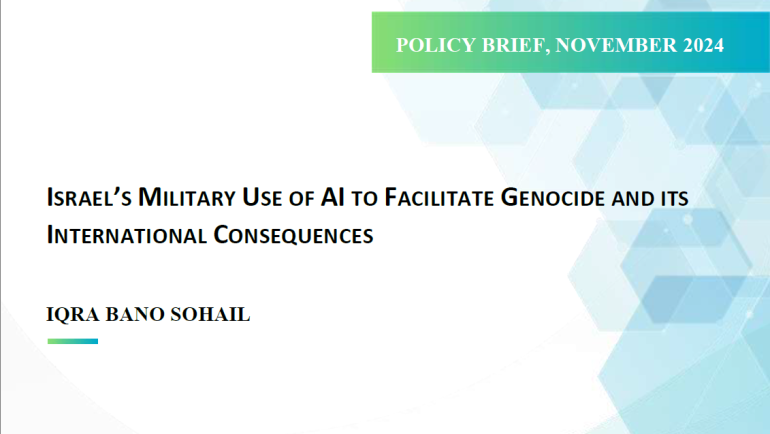Policy Brief 02/09/2025
Since 1776, Adam Smith’s theory of absolute advantage has remained central to modern economic thought on international trade. Over time, however, its universal validity has been increasingly contested due to recurring trade imbalances, asymmetrical distribution of trade gains across nations, and instances of deindustrialisation in economies that followed trade liberalisation. These developments have led many countries to adopt protectionist measures.
The United States, once the leading proponent of trade liberalisation, now imposes an average tariff rate of 19% on Pakistan’s exports, slightly lower than Vietnam’s and Bangladesh’s 20%, but well below India’s 50%. This Policy Brief analyses the impact of United States’ tariff measures on Pakistan Economy.
For Pakistan, average tariff rates in the U.S. market are comparatively favourable relative to certain competing economies. However, structural cost disadvantages continue to undermine Pakistan’s industrial competitiveness. Labour productivity remains constrained, and industrial electricity and gas prices significantly exceed the levels faced by most regional peers. The available evidence suggests that preferential tariff concessions and trade facilitation agreements, in the absence of complementary structural reforms, have not generated significant or sustained improvements in Pakistan’s trade outcomes.
Nevertheless, contemporary trade developments also present strategic opportunities for Pakistan. India’s basmati rice exports to the U.S. may fall by 50-80% due to higher tariffs. With comparatively lower tariffs and competitive pricing, Pakistan can increase its footprint in the U.S. rice market. In 2024, India supplied US $8.72 billion worth of medicines to the U.S., accounting for 40% of U.S. generic drug imports, another area where Pakistan can expand its exports. Similarly, by securing 10-15% of India’s US $5.9 billion U.S. textile exports, Pakistan could generate an additional US $500-750 million in textile exports. However, without reforms in energy pricing, industrial efficiency, and export diversification, these gains may be short-lived, leaving Pakistan exposed to regional rivalry and global demand fluctuations.


